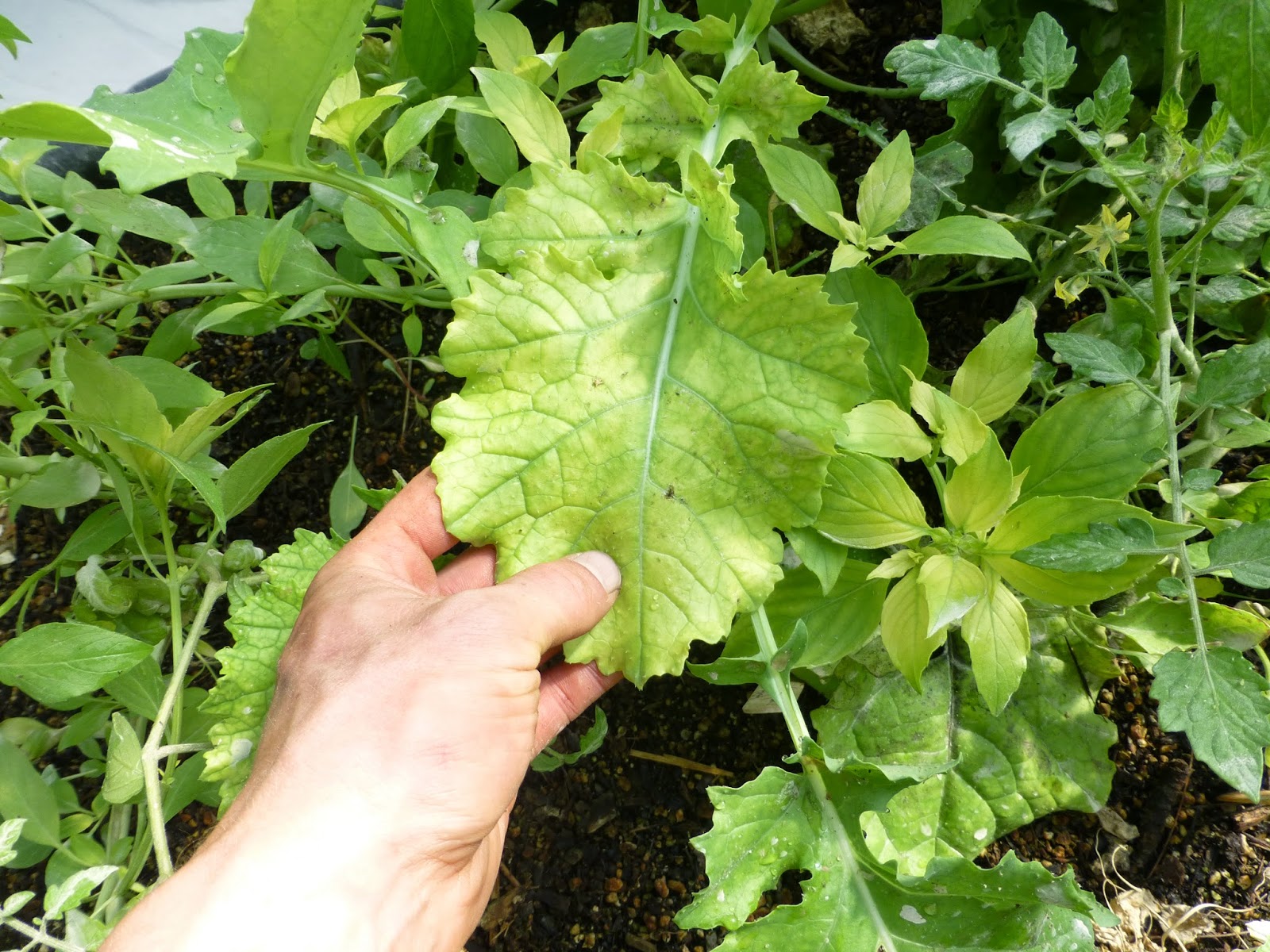What to do when I receive my worms?
-Keep them out of temperatures over 85 degrees and out of direct sunlight
-Give them a drink of water about 1/2 cup water per pound
-Get them to their new home ASAP (Compost pile, com poster, Garden or Lawn)
How to introduce my worms to a new environment?
-Make sure the compost/ new home is moist and simply dump the worms in a single pile on top and cover them with moist burlap, a layer of compost or newspaper. The worms will dig in to the pile and disperse themselves.
How do I care for my worms?
-Worms like temperatures to be between 40 Deg F and 85 Deg F
-Optimal temps between 68 and 77 Deg F
-Humidity between 70 and 95%, keep compost moist.
-Worms breath through their skin and need oxygen to survive. Well aerated and drained compost insures healthy worms.
-Worms dont like light
-Pre"cook" your worms food by composting it first then feeding it to your worms. Worms feed on bacteria, fungi and microbes and will not be able to eat food scraps until they have begun to decompose.
Worm bin materials
-
Bedding is the material your worms and the microbial community will live in. Worms will eat this as well. Shredded cardboard, Shredded wood chips, Shredded newspaper, dead leafs
-
Worm Food is material that is added to the bedding to keep the worms and the microbial community fed.
-Red wiggler worms are surface feeders
-One pound of mature red wigglers equals 800-1200 worms
-Worms can eat their weight daily, start by feeding them 1/2 of their weight in food per day.
-If the worms do not completely eat the food wait before adding more food.
Do add: Vegetable and Fruit waste, bread, pasta, grains, starchy foods, aged animal manure, eggshells , coffee grounds, brewers mash, yard waste.
Do not add: Human or pet waste, non-biodegradable material, dairy or meat, oil/grease, harsh cleaners or chemicals.
Watch them Grow
One worm will make 3 cocoons per week
21 days until the cocoon hatches
42 days until hatchings mature
In 12 weeks
100 worms will grow into
2800 Mature worms
5400 Juveniles
9000 Cocoons


















































